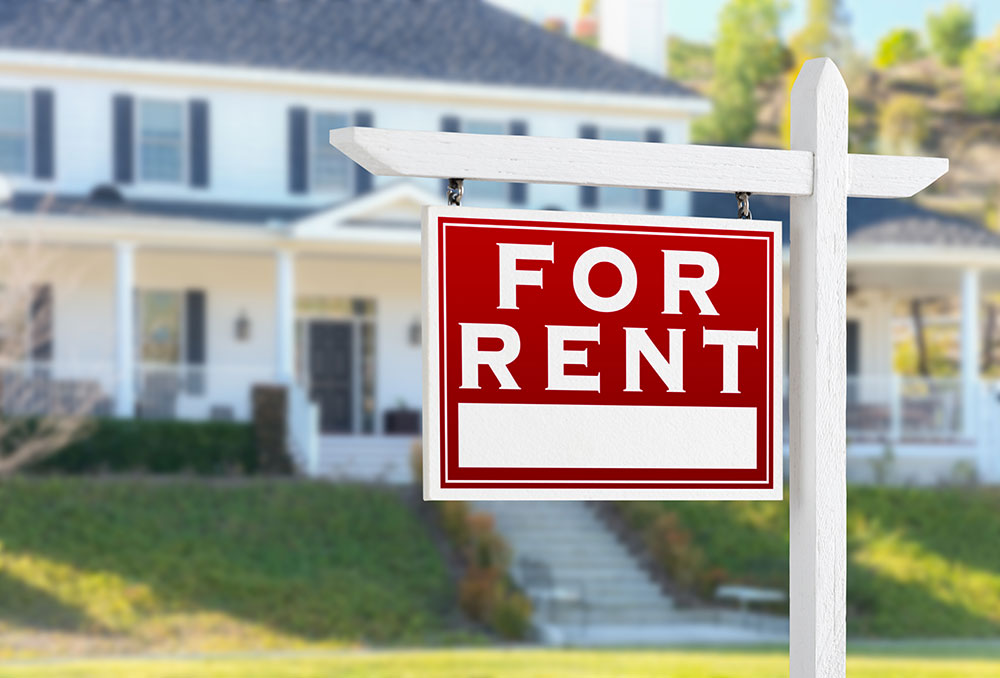Right to Rent Law
LEGISLATION
The law was passed in response to a growing number of communities banning the rental of residential dwellings for any period of time less than 30 days. Rather than regulating the behavior of the occupants of short-term rentals like any other property to ensure compliance with noise, parking and other local ordinances, these communities were placing blanket prohibitions rentals less than a month.
The law encourages local governments to regulate short-term rental activity in a fair and reasonable manner.
The top five things to know about the law
- Local governments can regulate but not prohibit short-term rentals seven days or longer
Local governments — which include counties, cities, villages and towns — cannot ban the rental of a residential dwelling for a period of time of seven consecutive days or more. Homeowners’ associations and condominiums fall outside of the law. - Local permits are allowed
The local permit, cannot be overly restrictive, resulting in a de facto prohibition on a short-term rental. Such local permits should be more administrative in nature and contain objective and reasonable standards. - There is a six-month cap
Under the law, local governments are allowed to place a six-month/180-day cap on the amount of time property owners can rent out their home during any 365-day period. Moreover, the law allows but does not require local governments to require the 180 days to be continuous. In communities that have adopted a six-month cap, property owners are allowed to choose which six-month period the dwelling is rented. - State licensing and inspection requirement
While not a new requirement, most short-term rentals are required to obtain a “tourist rooming house” license from the Wisconsin Department of Agriculture, Trade and Consumer Protection (DATCP). Such a license is required for vacation homes, cabins and cottages that are rented out to tourists and transients for more than 10 nights in a 12-month period. - Collection of state sales and local room taxes
The law requires owners of short-term rentals and lodging marketplaces to collect state sales and use tax, which are 5%, and any room tax owed from the person renting the residential dwelling.
Each local government will likely regulate short-term rentals in a somewhat different manner, and this will present some challenges for both property owners and REALTORS®. If you have questions or concerns about a proposed or existing short-term rental ordinance, contact the WRA Legal Action Program.
The relevant portion of the statute
Wis. Stat. § 66.1014 Limits on residential dwelling rental prohibited.
- In this section:
- “Political subdivision” means any city, village, town, or county.
- “Residential dwelling” means any building, structure, or part of the building or structure, that is used or intended to be used as a home, residence, or sleeping place by one person or by 2 or more persons maintaining a common household, to the exclusion of all others.
-
- Subject par. (d), a political subdivision may not enact or enforce an ordinance that prohibits the rental of a residential dwelling for 7 consecutive days or longer.
- If a political subdivision has in effect on September 23, 2017, an ordinance that is inconsistent with par. (a) or (d), the ordinance does not apply and may not be enforced.
- Nothing in this subsection limits the authority of a political subdivision to enact an ordinance regulating the rental of a residential dwelling in a manner that is not inconsistent with the provisions of pars. (a) and (d).
-
- If a residential dwelling is rented for periods of more than 6 but fewer than 30 consecutive days, a political subdivision may limit the total number of days within any consecutive 365−day period that the dwelling may be rented to no fewer than 180 days. The political subdivision may not specify the period of time during which the residential dwelling may be rented, but the political subdivision may require that the maximum number of allowable rental days within a 365−day period must run consecutively. A person who rents the person’s residential dwelling shall notify the clerk of the political subdivision in writing when the first rental within a 365−day period begins.
- Any person who maintains, manages, or operates a short− term rental, as defined in s. 66.0615 (1) (dk), for more than 10 nights each year, shall do all of the following:
- Obtain from the department of agriculture, trade and consumer protection a license as a tourist rooming house, as defined in s. 97.01 (15k).
- Obtain from a political subdivision a license for conducting such activities, if a political subdivision enacts an ordinance requiring such a person to obtain a license.
Resources

Right to Rent
As part of the 2017-19 state budget, Wisconsin lawmakers enacted a new law that protects the ability of homeowners to rent out their homes on a short-term basis.

